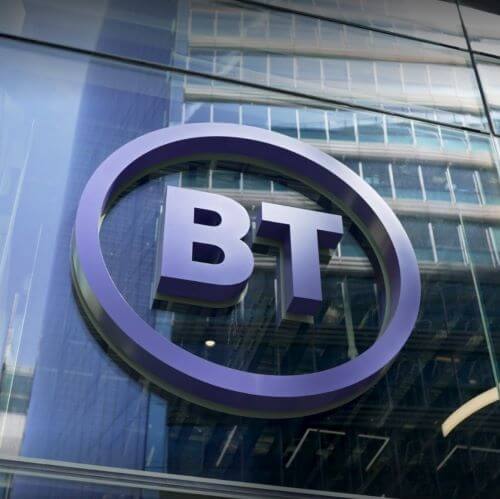Eurobites: Drahi increases BT stake to 24.5%
Also in today's EMEA regional roundup: KPN goes 5G standalone; OneWeb builds hyperscale groundstation; old queens and new technologies.

Also in today's EMEA regional roundup: KPN goes 5G standalone; OneWeb builds hyperscale groundstation; old queens and new technologies.
Billionaire French businessman Patrick Drahi has increased his stake in BT from 18% to 24.5%, though he maintains he has no plans to launch a takeover bid for the UK incumbent operator. This, as Bloomberg reports, gives him a shareholding that is at least twice as big as BT's next-biggest investor, Deutsche Telekom. Last year the UK government carried out a "full national security assessment" of Drahi as he raised his stake in BT to 18%, ultimately nodding through the transaction. As set out by the National Security and Investment Act, the UK government can block acquisitions of 25% or more if there is a perceived risk to national security. Paolo Pescatore, an analyst at PP Foresight, commented in an email to Light Reading: "Increasing its [Drahi's holding company's] stake out of the blue will certainly raise eyebrows. The UK government will be keeping a watchful eye over developments as any further moves will be scrutinized in the national interests due to security concerns." Figure 1:
 Patrick Drahi's shareholding in BT is now more than twice that of Deutsche Telekom.
Patrick Drahi's shareholding in BT is now more than twice that of Deutsche Telekom.
(Source: Ecole polytechnique on Flickr CC 2.0)Dutch operator KPN says that it is ready to take the next step in its 5G journey after successfully testing 5G standalone in its network. The operator demonstrated a cloud gaming application with Ericsson whereby a video game can be played remotely via the mobile network. During the test, a download speed of almost 1 Gbit/s and a latency of 14 milliseconds were achieved, considerably better, says KPN, than what is possible with the current 5G non-standalone standard.
OneWeb, the satellite connectivity company co-owned by the UK government and India's Bharti Global, is teaming up with Arctic Space Technologies to build the OneWeb Satellite Network Portal (SNP) – described as a "hyperscale satellite ground station installation" – in Piteå, Sweden. The companies signed an agreement in December, and have now finalized the detailed design work and obtained the necessary approvals. OneWeb recently completed its "constellation" of low-Earth orbit satellites.
It was never that good anyway, but it looks like taxpayer-funded "free" Wi-Fi on the UK's trains could soon become a thing of the past. According to a BBC report, the UK government views Wi-Fi as being low on the list of passengers' priorities and therefore ripe for cutting. "Our railways are currently not financially sustainable, and it is unfair to continue asking taxpayers to foot the bill, which is why reform of all aspects of the railways is essential," said a government spokesperson. On-train Wi-Fi equipment was installed in 2015 and now needs replacing, which is why it has become a contender for the chopping block.
The online video advertising in the Middle East and North Africa (MENA) region will more than double to reach $2.3 billion in 2027, predicts the latest research from analyst firm (and sister company to Light Reading) Omdia. The market leader in the region is Arabic video-on-demand service Shahid VIP with 2.7 million subscriptions, eclipsing even the mighty Netflix, which has less than 2 million subs.
Virgin Media O2 is to boost upload speeds for new and existing customers of its M500 and Gig 1 broadband packages. Those on the M500 service will see average upload rising from 36 Mbit/s to 52 Mbit/s, while high-rollers on Gig 1 will be hoisted up from 52 Mbit/s to 104 Mbit/s – which is six times faster than the UK average, according to VMO2.
Be not afraid: AI isn't after your job. That, at least, is the view of analysts at Deutsche Bank, who insist that history tells us it's economic cycles that produce unemployment, not new technology. As City A.M. reports, the analysts draw – unexpectedly perhaps – on the case of Queen Elizabeth I, who in 1589 set a royal precedent for technology refuseniks everywhere by refusing to grant the inventor of a knitting machine a patent in case it put ye olde-schoole manual knitters out of work. Eurobites wonders what recently crowned nostalgia-fiend King Charles II has to say on the matter…
— Paul Rainford, Assistant Editor, Europe, Light Reading
Read more about:
EuropeAbout the Author(s)
You May Also Like












